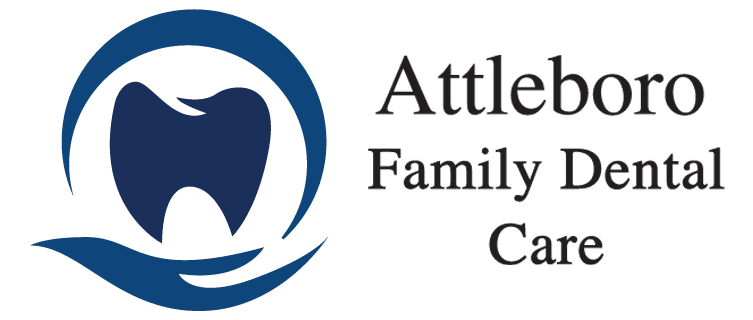Gum disease, referred to by dentists as periodontal disease, is an infection of the gum tissue in your mouth. It is brought on by a buildup of plaque on the teeth and below the gum line. Plaque is made up of food residue and bacteria. When the bacteria in plaque become overpopulated and reach a certain maturity level, the gums can become infected.
When it goes untreated, gum disease can cause a variety of serious health issues from painful, bleeding gums to loss of teeth. There is even a correlation between gum disease and other health conditions like heart disease and diabetes.
Although it can be treated, the best course of action is prevention. Even after treatment, gum disease is highly likely to come back unless you take necessary precautions. Here’s what you can do to prevent gum disease.
Brush Your Teeth
Dentists recommend brushing your teeth twice a day. Brush once in the morning, either after you wake up or after you eat breakfast. Then brush your teeth again at night before you go to bed. Use fluoride toothpaste that helps strengthen your tooth enamel to prevent cavities from forming.
Floss Your Teeth
Dentists recommend flossing your teeth once a day, either in the morning or at night. Flossing removes plaque from in between your teeth and along the gum line. Make sure to curve the floss around each tooth to reach the pockets between your teeth and gums.
Use Mouthwash
Rinse your mouth with mouthwash at least once a day. Mouthwash kills bacteria that cause gum disease. It can also get into the tiny places your toothbrush and floss can’t reach.
Go to the Dentist Twice a Year
According to the American Dental Association you should go to the dentist every 6 months for regular teeth cleaning and oral exam. Dental cleanings remove additional plaque from your teeth that gets left behind after you brush and floss. No matter how thoroughly you brush, it is nearly impossible to remove all of the plaque. Your dentist can also detect gum disease in the early stages if it is present so that it can be quickly treated before it progresses.
Reduce or Avoid Sugar Intake
You’ve probably heard that sugar is bad for your teeth. That is true, because sugar feeds the bacteria in your mouth and clings to your teeth and gums. It is best to reduce your sugar intake or avoid it altogether. If you are not willing to give up your sweet treats, just brush your teeth as soon as possible after eating them.
Eat Less Frequently
Do you constantly munch on snacks or sip on drinks? When you are constantly eating or drinking, it prevents the enzymes in your saliva from creating a natural defense against the bacteria in your mouth. Other than water, it is best to give yourself at least 2 hours between meals and snacks.
Undergo Periodontal Procedures
If you have gum disease that is persistent or recurring, there are some periodontal procedures your dentist can perform that will help cure and prevent gum disease.
- Scaling. When plaque remains on the teeth it can harden into calculus. Scaling is the process that removes the calculus from your teeth and below the gum line.
- Root Planing. This procedure smooths out the surface of the roots of your teeth, which allows your gums to form a more solid hold without spaces in between for bacteria to settle.
- Laser Periodontal Surgery. This is a state of the art procedure that uses lasers to remove infected and diseased tissue. It is minimally invasive and pain-free for most patients.
These procedures stop gum disease at the source and prevent it from coming back.
Attleboro Family Dental Care Provides Gum Disease Treatment and Prevention Services
If you have any of the signs of gum disease, such as bleeding gums, receding gums, pain when you chew, or loose teeth, contact Attleboro Family Dental Care right away. We will get you in as soon as possible to diagnose and treat your gum disease. With early detection the disease can be treated with no long term effects.
Call 508-222-2510 today to schedule a consultation or request an appointment. We look forward to helping you maintain your dental and oral health.

